The word ‘patient’ has not been defined anywhere under Indian Law. However, the term covers those people who receive healthcare services by doctors or medical professionals. The Government including state governments have a duty to provide healthcare services and improving public health.1.
Laws governing Patient Rights
The laws governing rights of people who approach healthcare establishments or medical professionals in India include:
- The Constitution of India, 1950
- Indian Medical Council (Professional Conduct, Etiquette and Ethics) Regulations, 2002
- Drugs and Cosmetics Act, 1940
- Clinical Establishment(Registration and Regulation) Act, 2010
- Indian Penal Code, 1860 and Code of Criminal Procedure, 1973.
These laws guide medical health professionals in maintaining a standard of care and treatment of patients. Since there is no specific legislation covering patient rights in India, the Ministry of Health and Family Welfare, and the National Human Rights Commission released the Charter of Patient Rights. Further, this contains the rights protecting patients who access medical care. These include:
List of Patient Rights in India
The Ministry of Health and Family Welfare and National Human Rights Commission released the Charter of Patient Rights. It enumerates 17 rights that all patients in India are entitled to. These include:
Right to Information
A patient has the right to obtain authentic information regarding their medical condition or ailment, method and options for treatment.
Right to records and reports
Hospital authorities have a duty to provide medical records and reports to all patients or their caregivers.
Right to emergency medical care
No patient can be turned away from receiving emergency medical care from a government or private hospital.
Right to informed consent
A medical professional should obtain the consent of the patient or their caregiver, spouse or guardian (in case of a minor) in writing, before performing an operation.
Right to confidentiality, privacy and dignity
All medical professionals have to maintain the highest level of confidentiality regarding the private details of the patient.
Right to second opinion
A patient is free to go for a second opinion for any doctor of his or her choice.
Right to transparency in rates
All costs that are levied on patients for services, tests and treatments rendered by medical establishments have to be made available to the public.
Right to non-discrimination
Doctors and medical personnel cannot refuse treatment to patients on the grounds of gender, sexuality, caste, religion, race, place of birth or illnesses.
Right to safety and quality care according to standards
It is the duty of medical establishments to provide a safe and clean environment for treatment.
Right to choose alternative treatment options if available
Once a patient or their caregiver are informed of their treatment options, they are free to choose the course ahead. They cannot be compelled to follow a certain treatment without their will, even if the doctor deems it necessary.
Right to choose source for obtaining medicines and tests
When medicines or tests are prescribed to a patient, it is up to them to decide where they want to purchase it from. It is guaranteed as their right as a consumer to have access to a variety of goods or services at competitive prices.
Right to proper referral and transfer, which is free from perverse commercial influence
All patients have a right to receive seamless service and quality of care being upheld when the patient is referred to a different doctor or the patient is transferred to a different facility.
Right to protection for patients involved in clinical trials
Participants of all clinical trials in India have rights such as claiming compensation in case of trial-related injury or death, confidentiality of personal information etc.
Right to protection of participants involved in biomedical and health research
The National Ethical Guidelines for Biomedical and Health Research Involving Human Participants have to be followed to ensure rights are given to the participants.
Right to take discharge of patient, or body of deceased from the hospital
During any point in the treatment, a patient is free to take discharge or leave from the hospital. They cannot be held without their will or kept in the hospital by force. Similarly, caretakers of a deceased patient have the right to receive their body from the hospital.
Right to patient education
Patients have the right to receive education about the facts relevant to their condition and healthy living practices.
Right to be heard and seek redressal
If a patient or their caregiver have a grievance against a doctor or the hospital administration regarding the quality of treatment provided, they have a right to seek redressal for the same.
1- Article 42, Constitution of India, 1950; Entry 6, List II, Schedule VII, Constitution of India, 1950[↩]

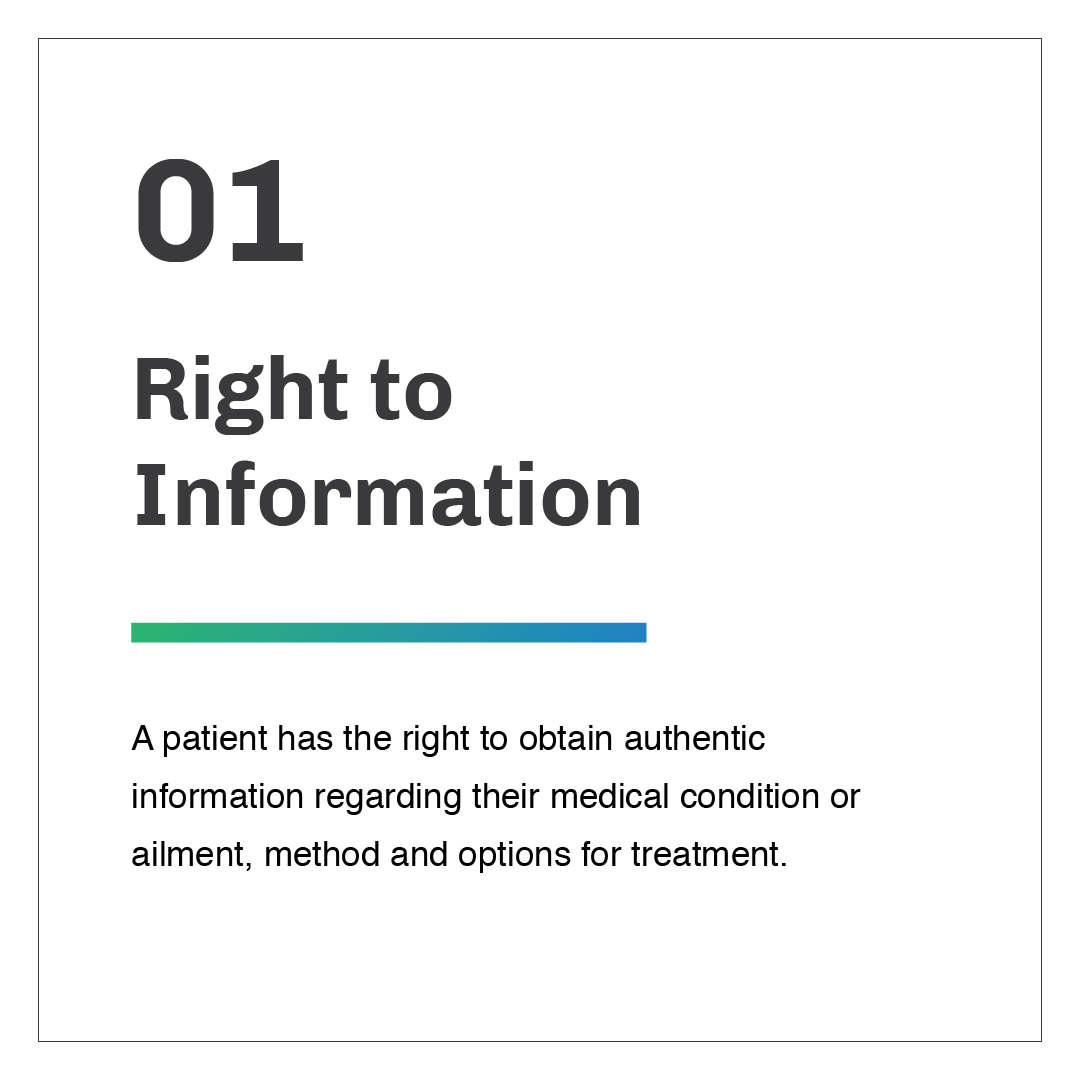
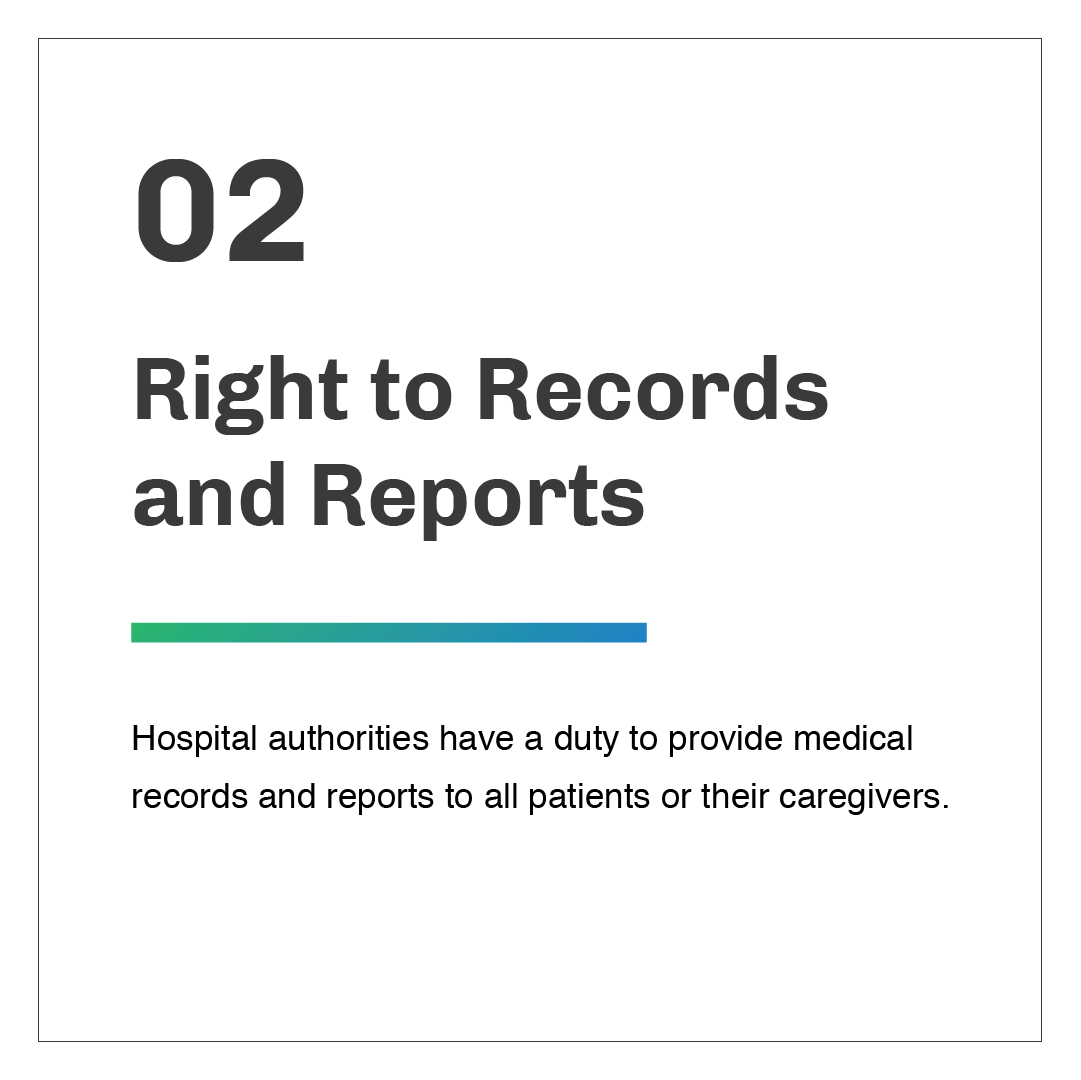
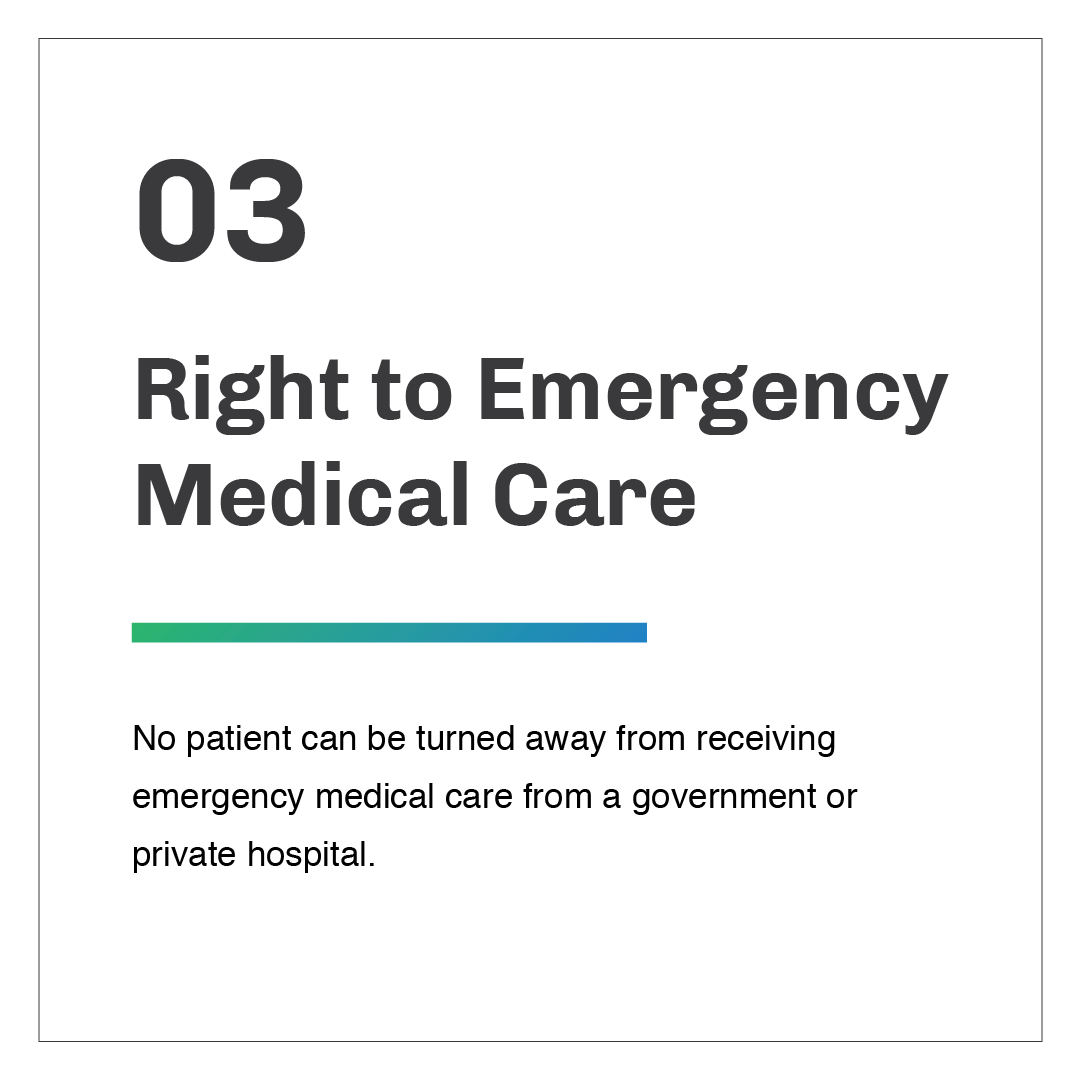
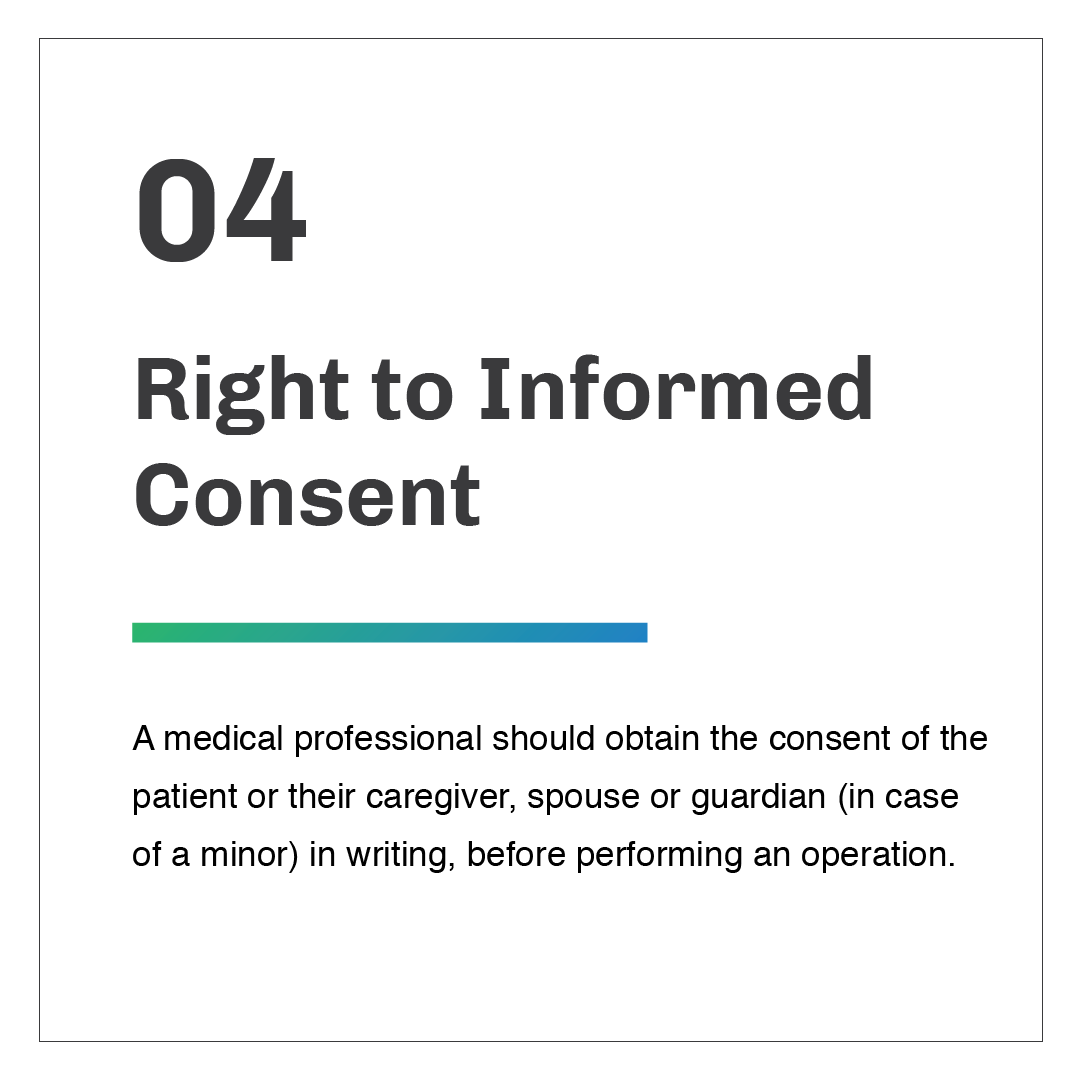
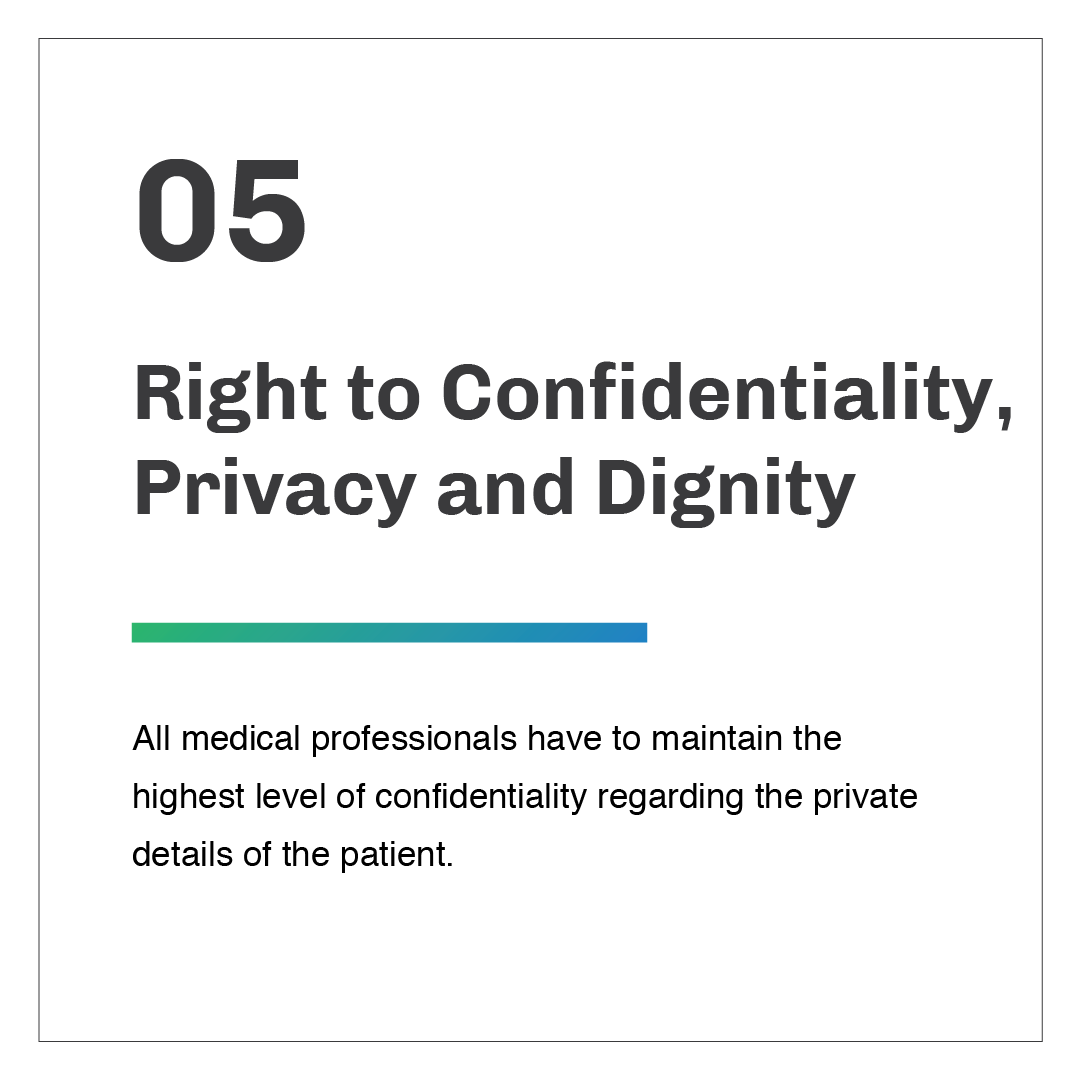
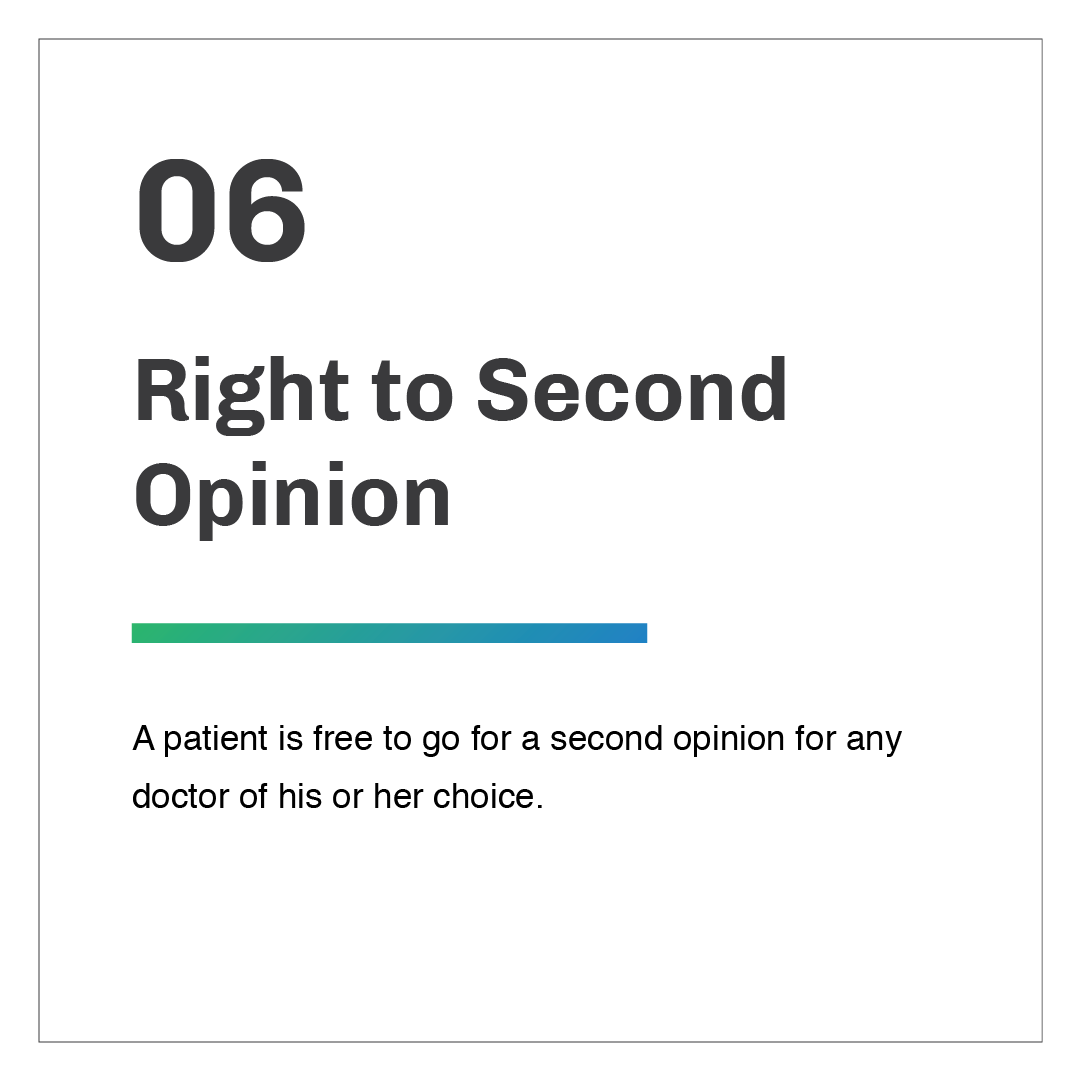
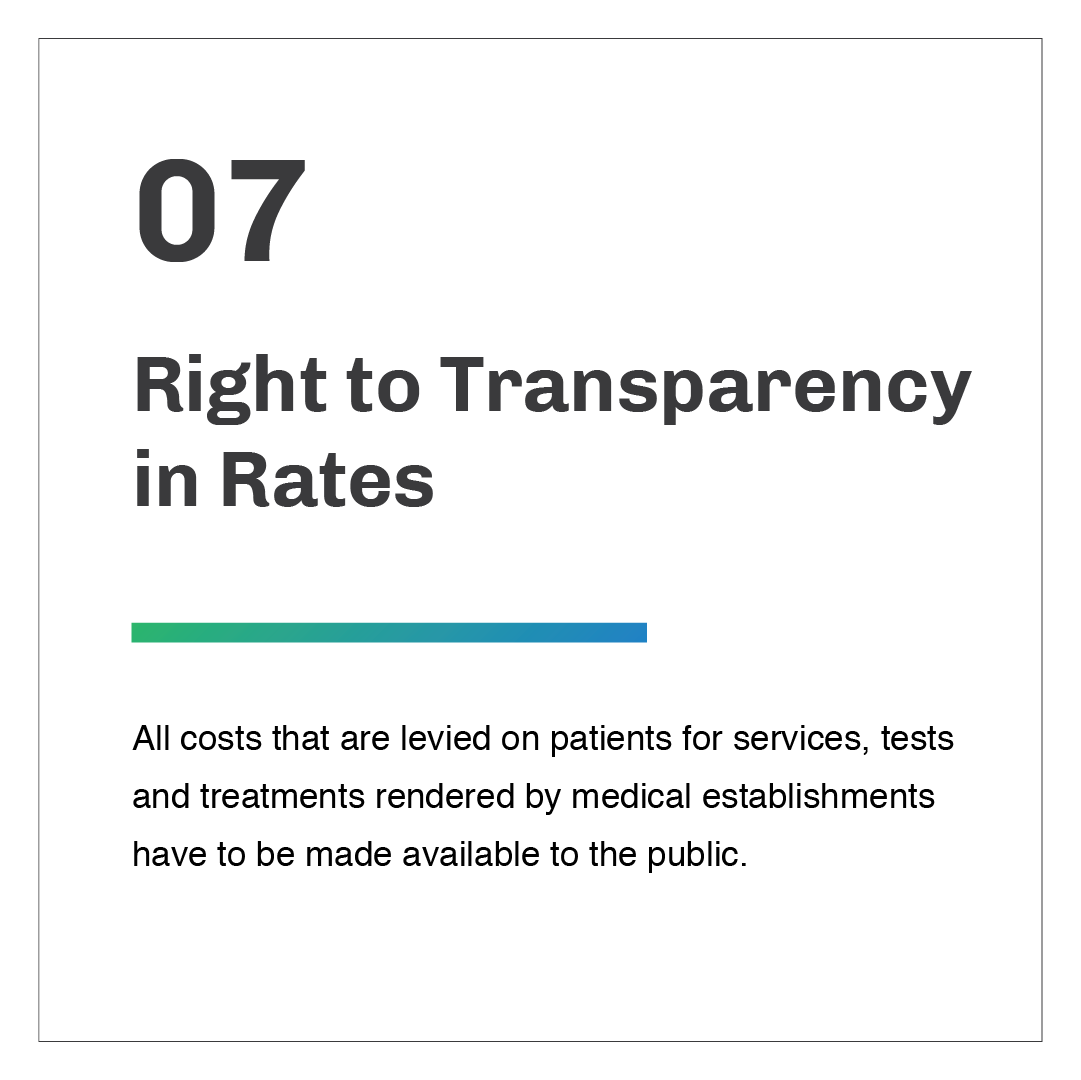
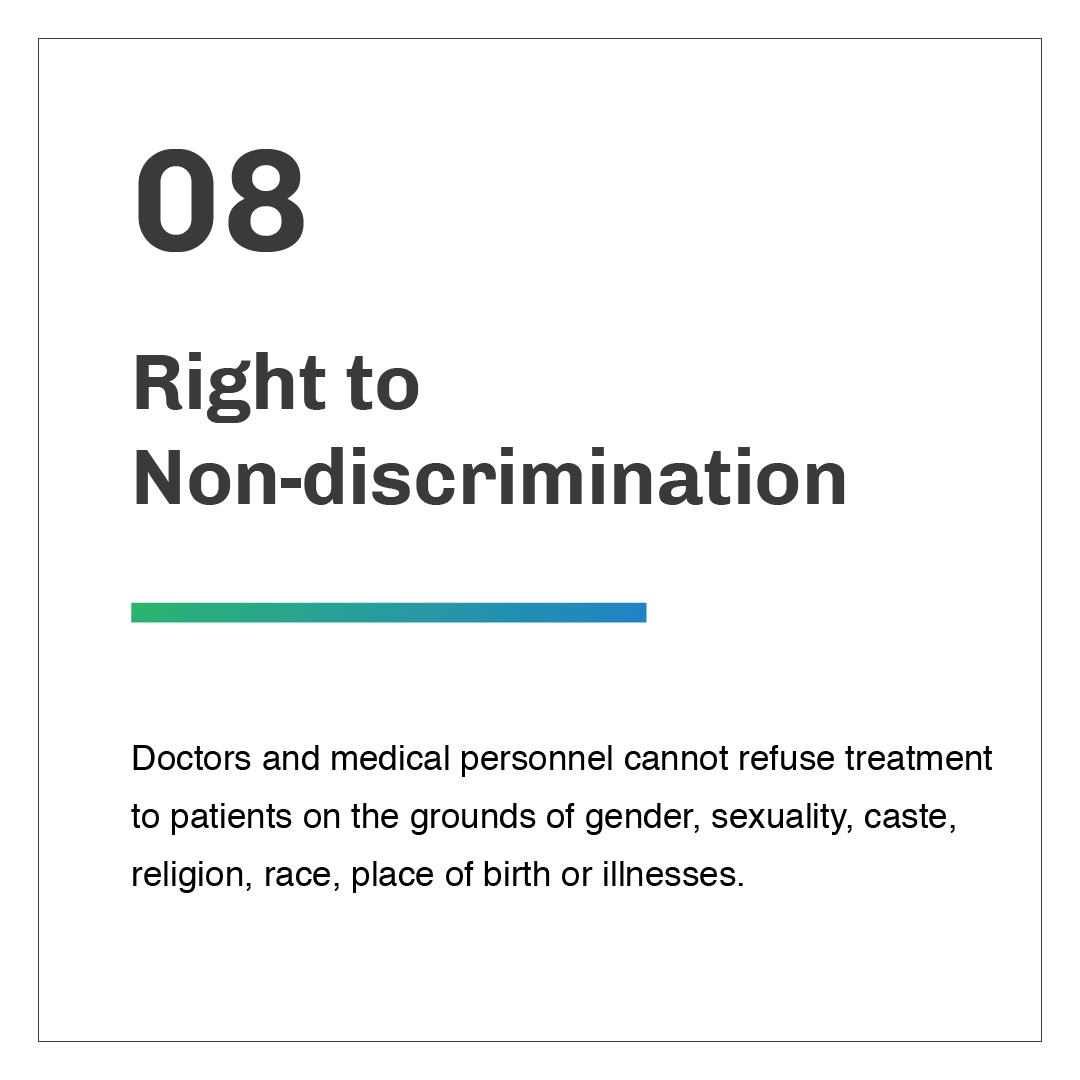
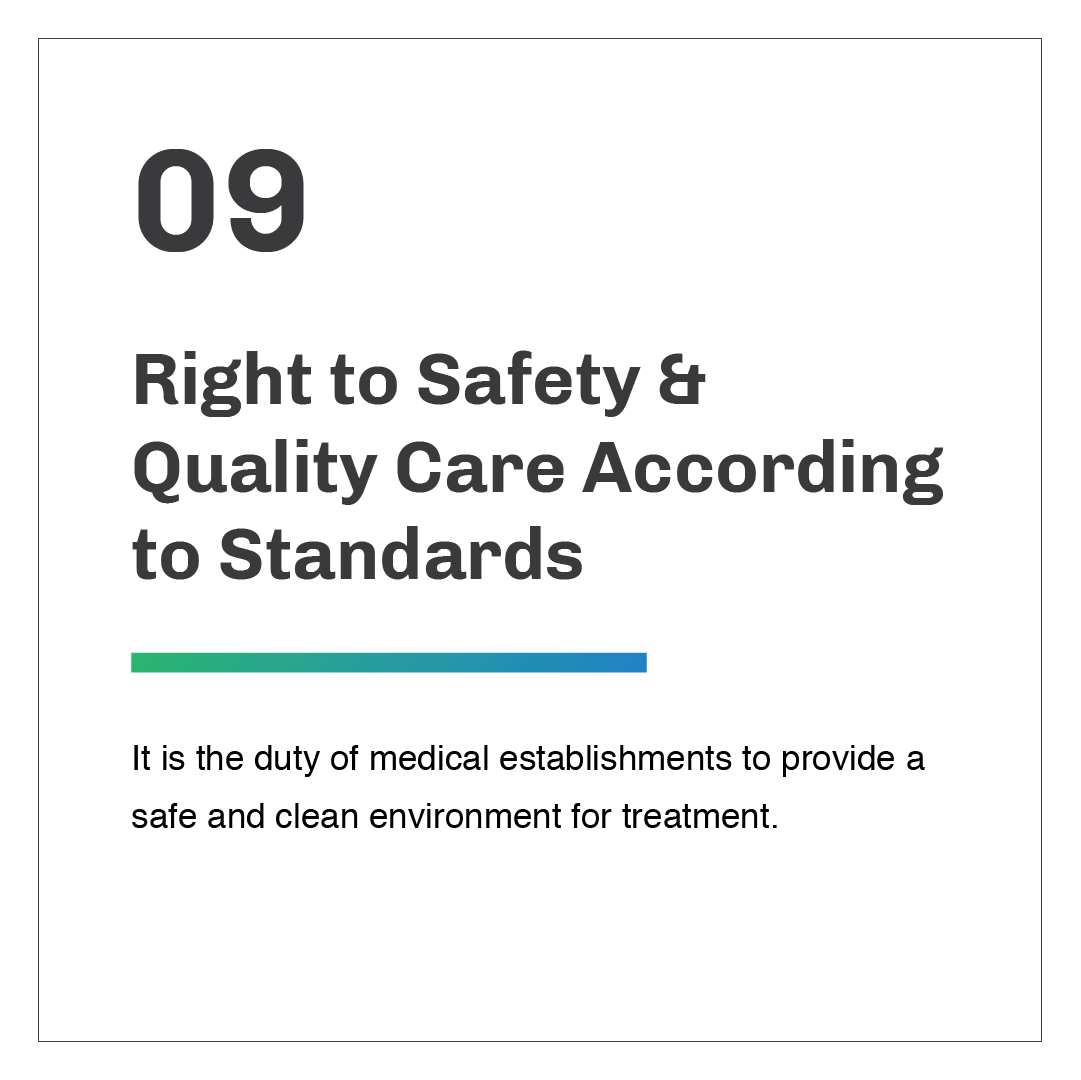
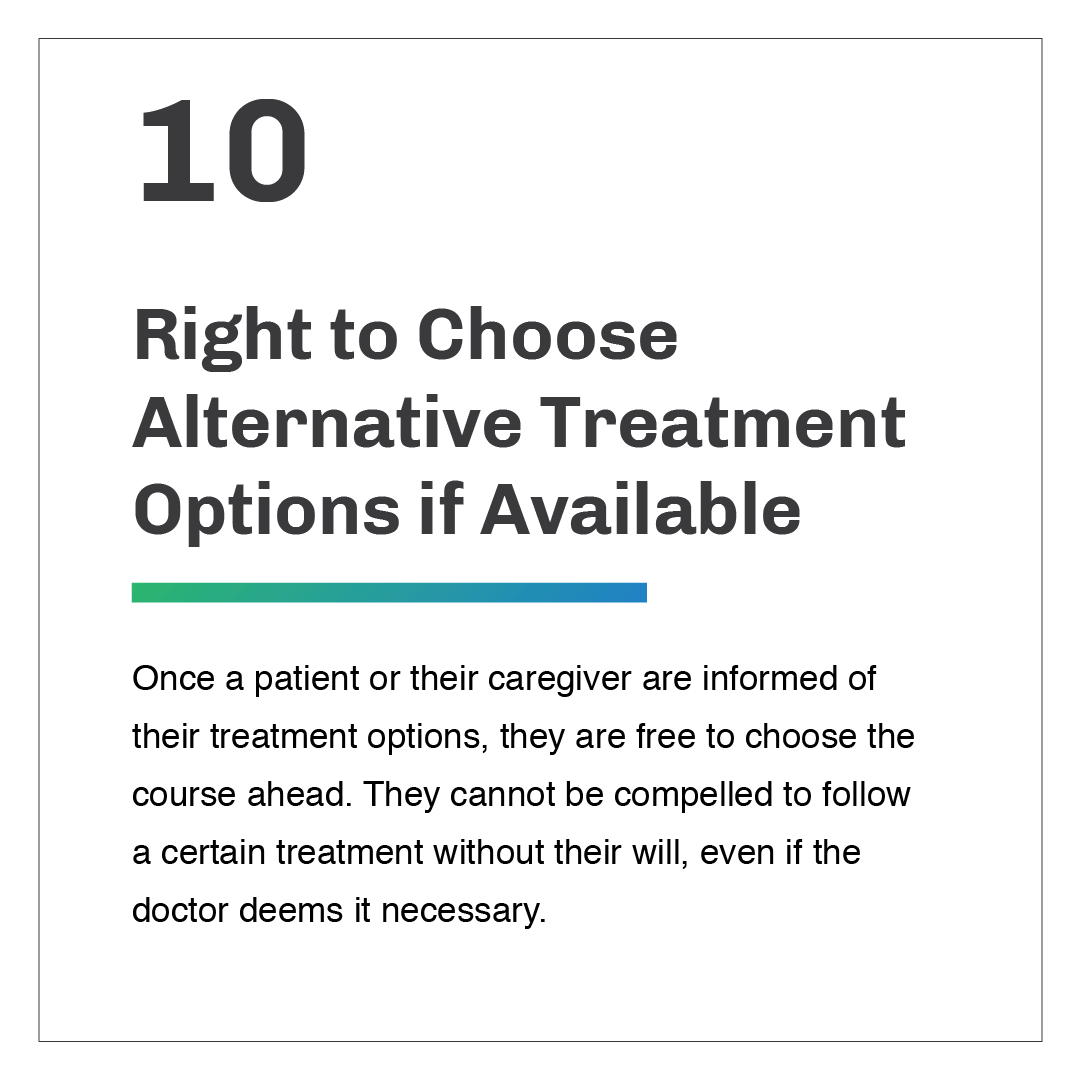
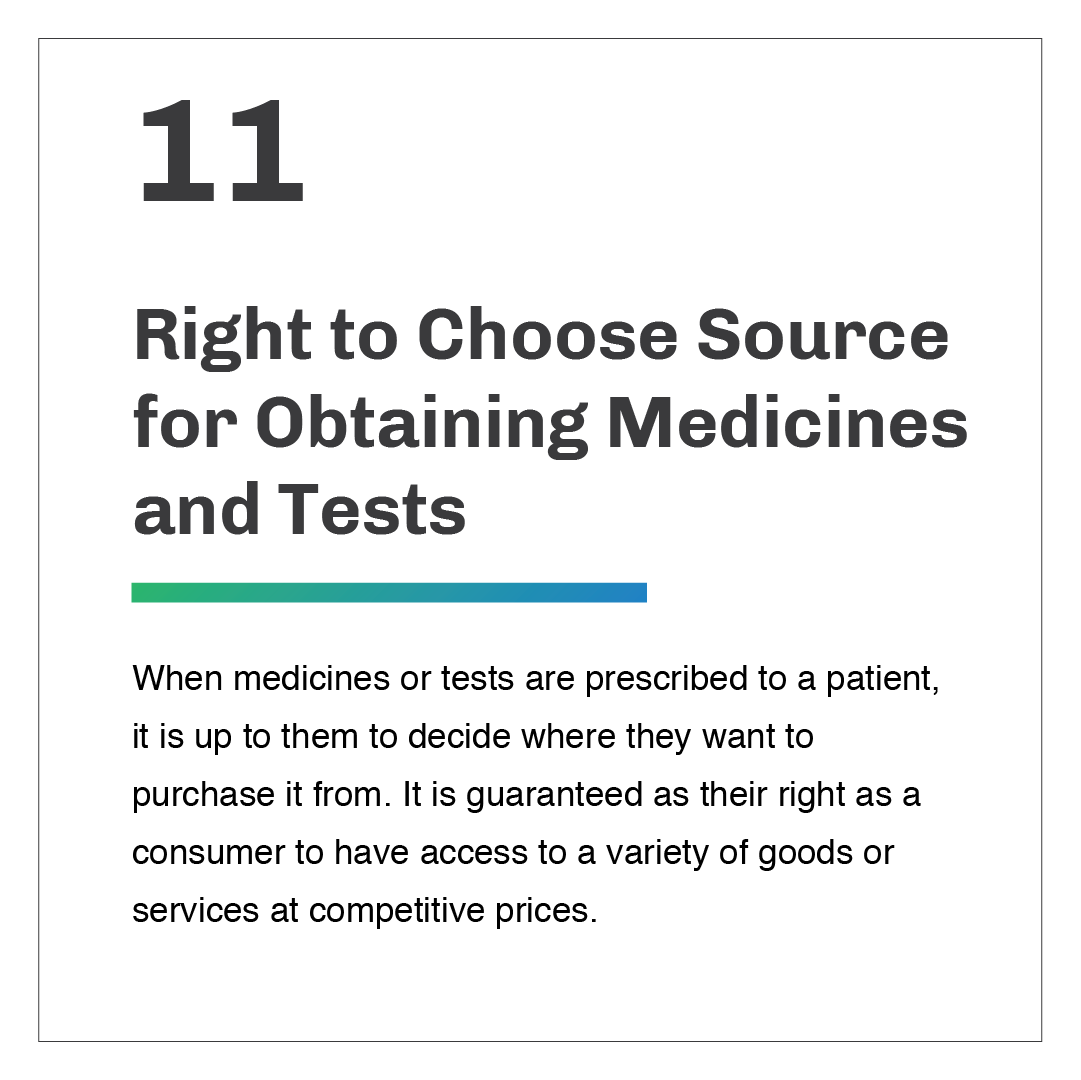
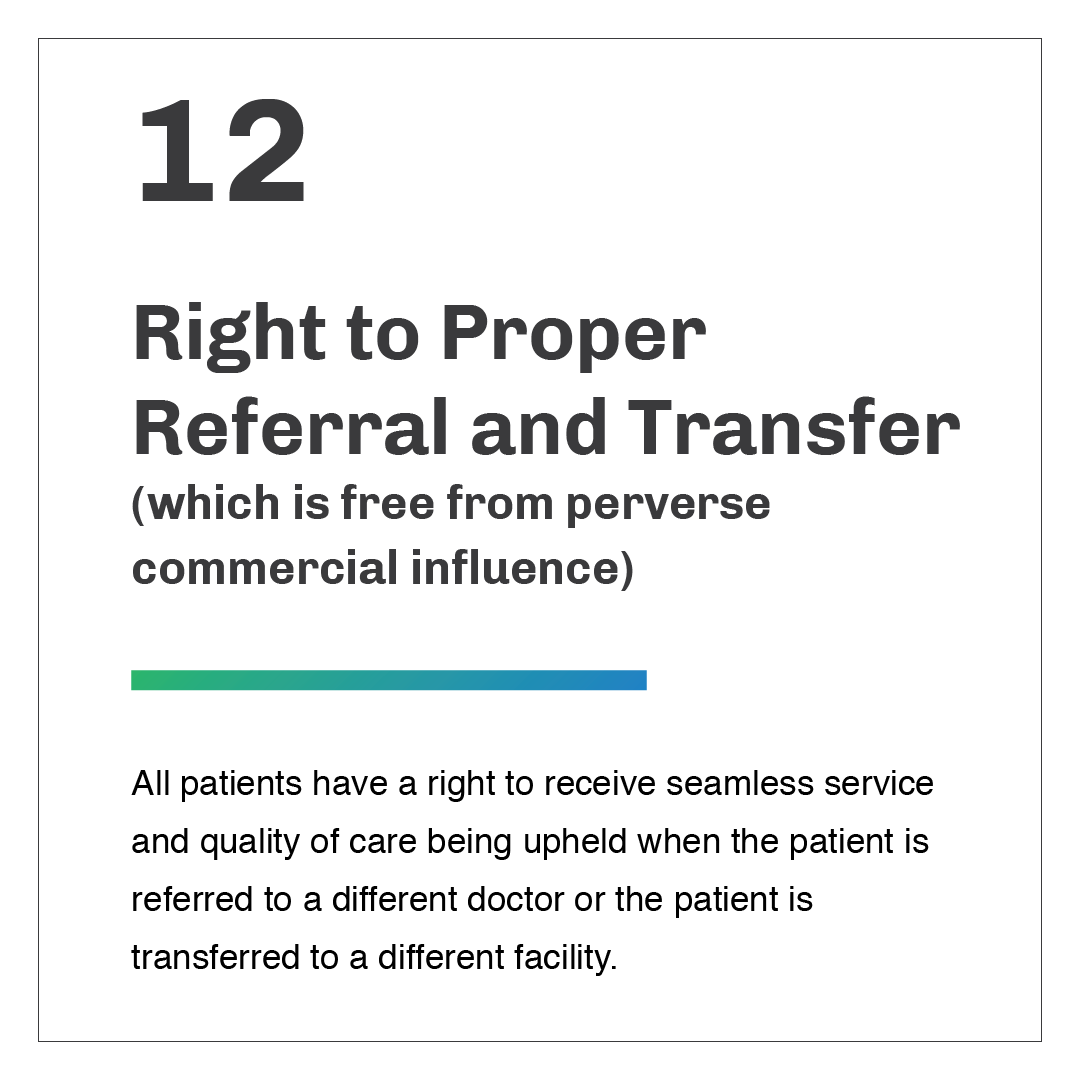
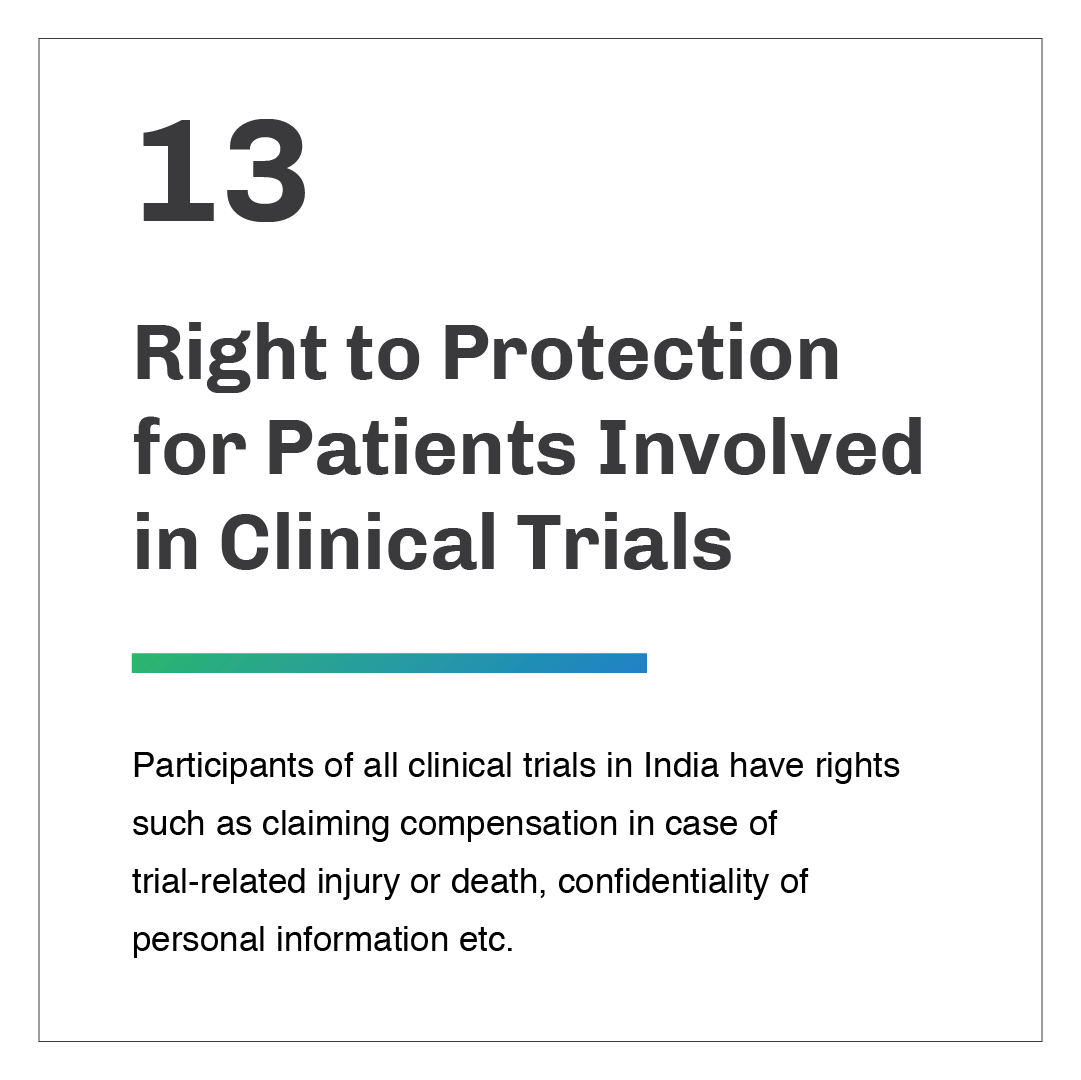
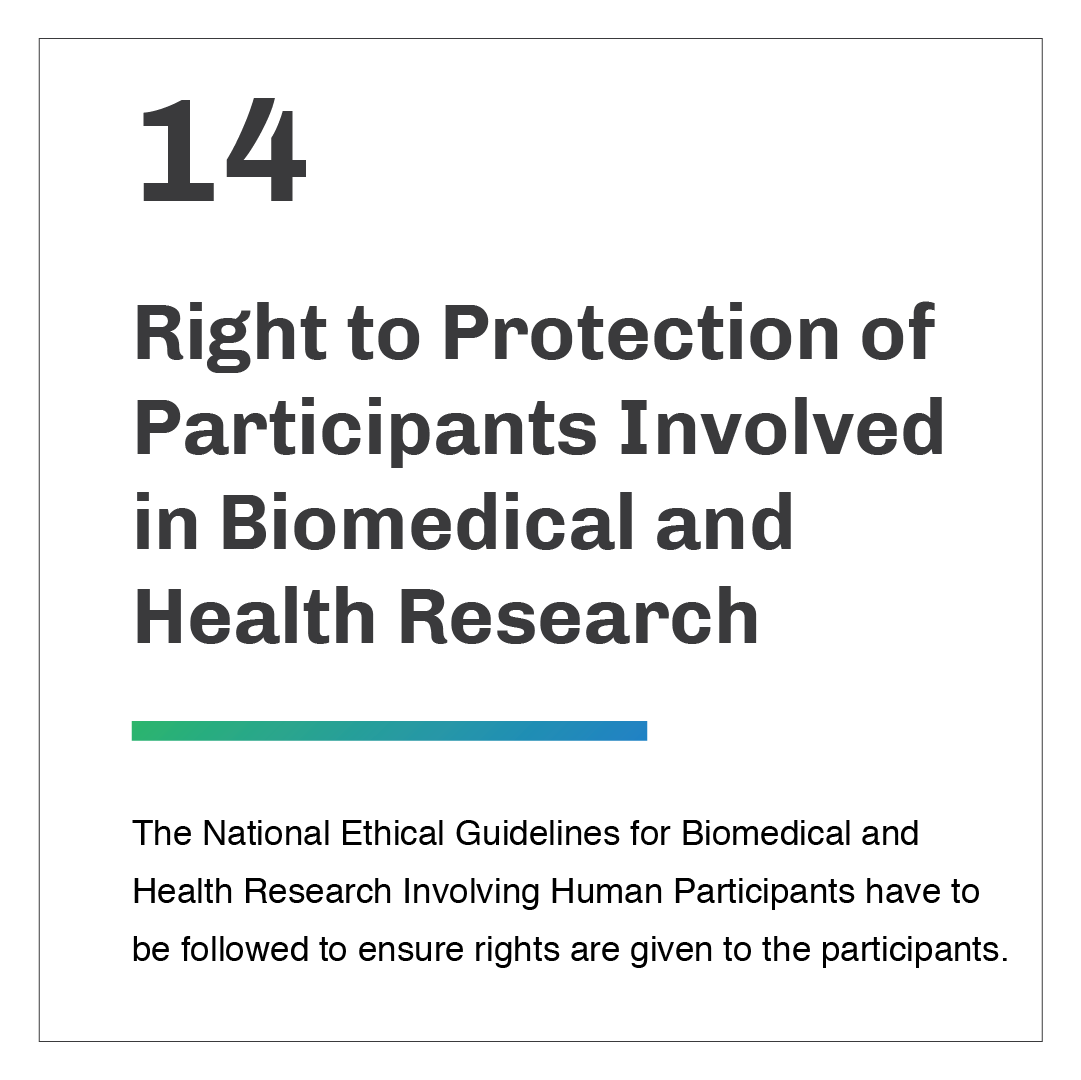
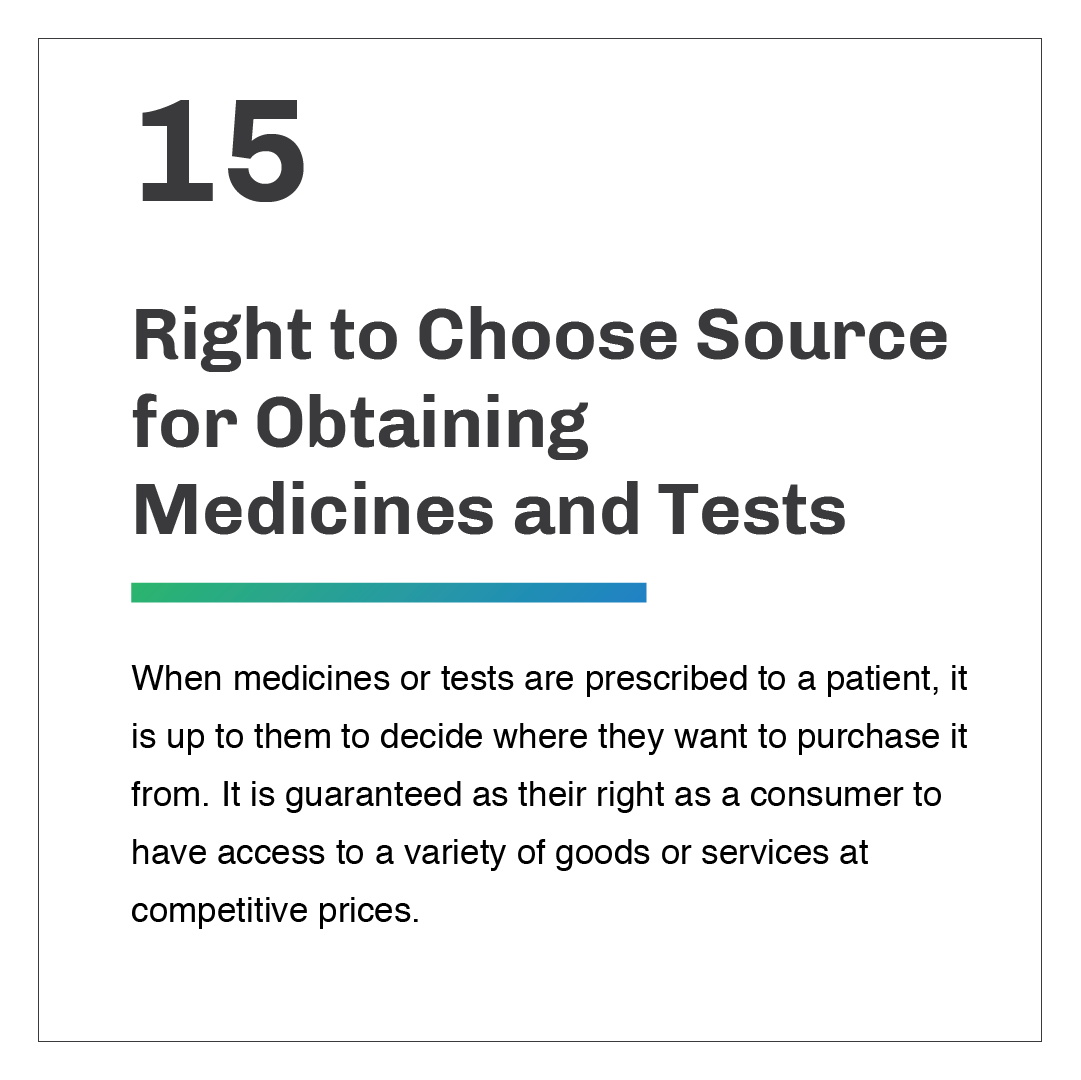
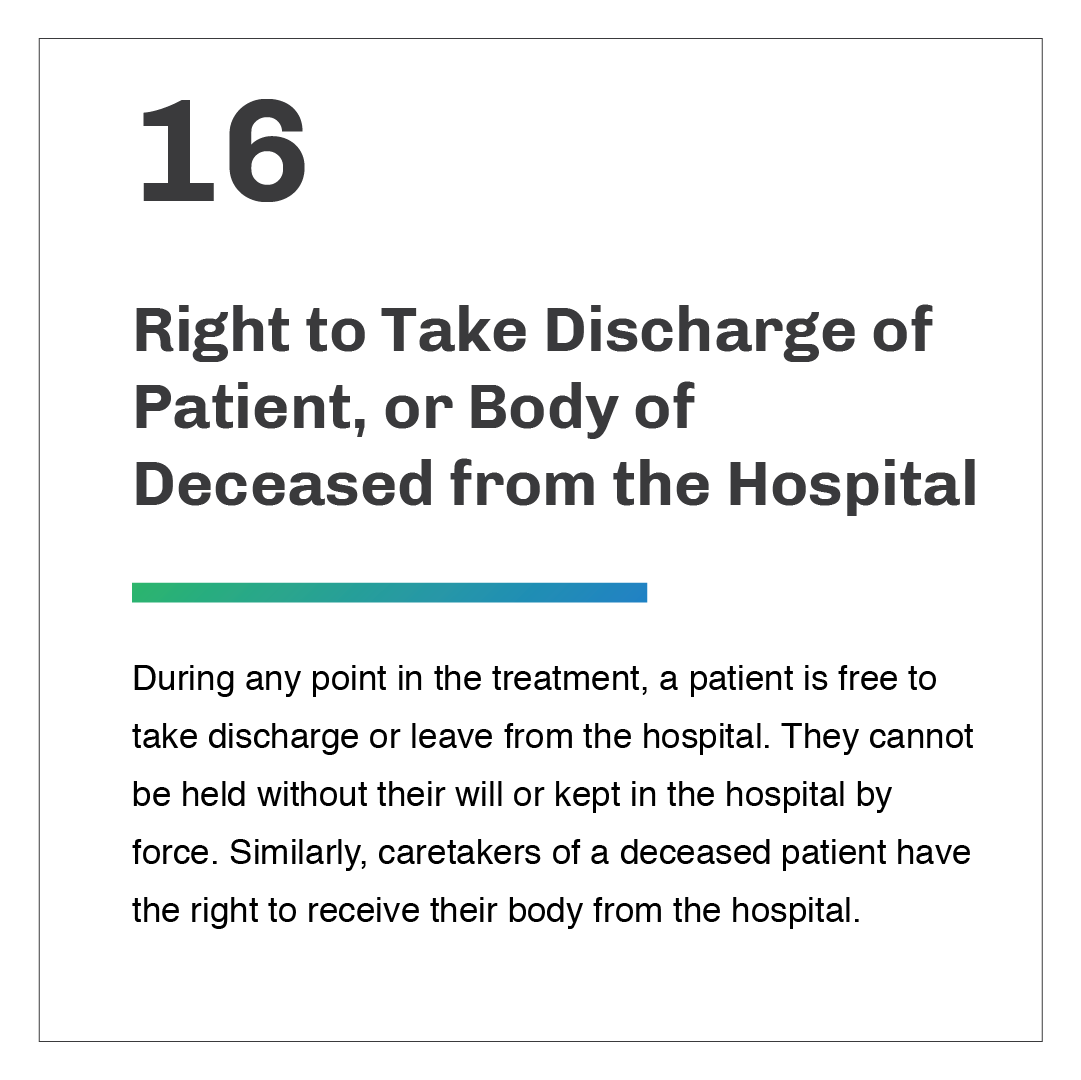
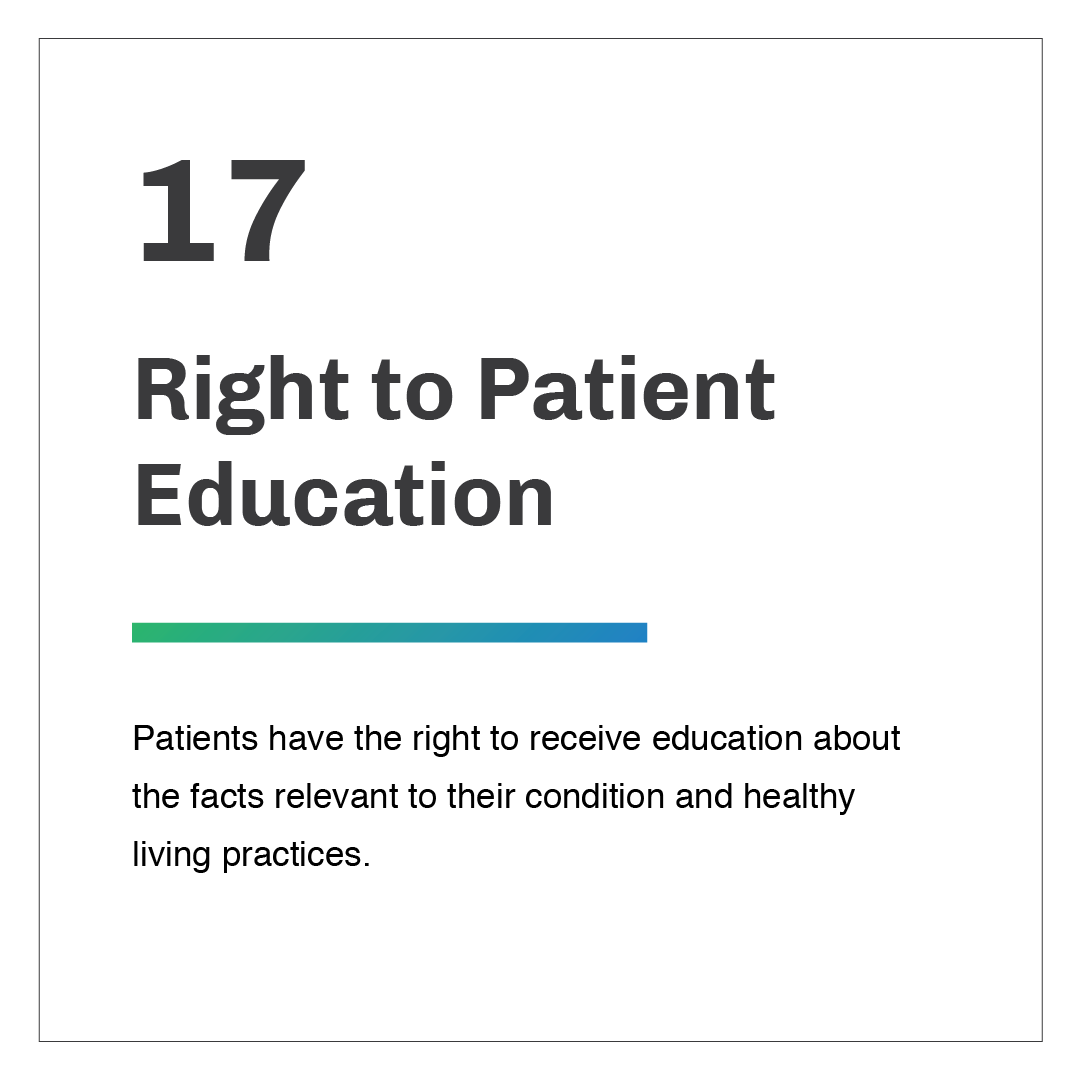
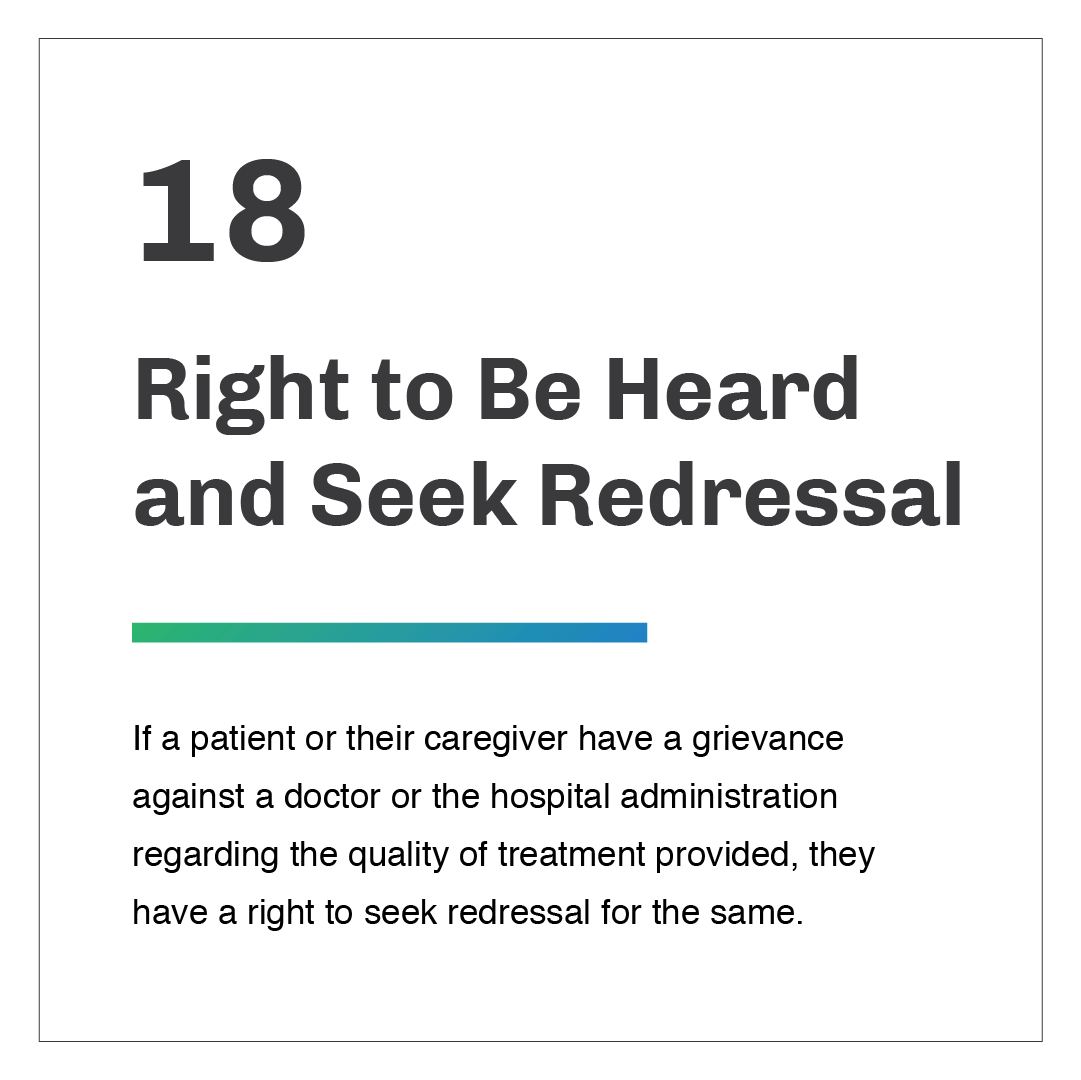


i love how well explained all the updates very well.. realy appreciated efforts you have done.[external link deleted]
you have mention all necessary and important details regarding government exams. all the details are very easy to understand. thanks [external link deleted]